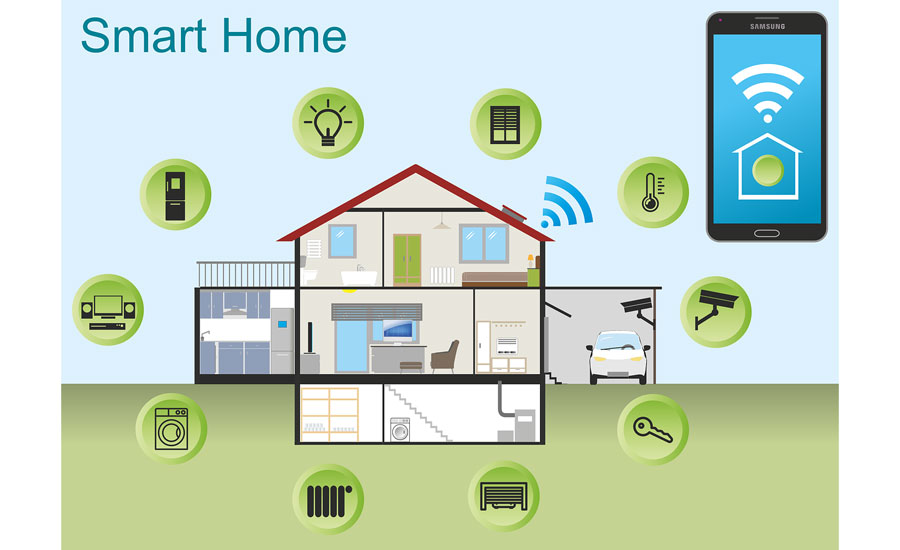Heatpump Vs Furnace - Which Is The Better Heating Choice For Your Home?
Heatpump Vs Furnace - Which Is The Better Heating Choice For Your Home?
Blog Article
Produced By-McLamb Sims
Numerous home owners recognize with furnaces, which heat homes with oil or gas and push hot air through ductwork. They are relatively cost-effective and can offer reputable heating also throughout a winter season power blackout.
Nonetheless, they make use of fossil fuels and produce carbon monoxide gas and various other air contamination. They likewise aren't as energy-efficient as a high-efficiency heat pump.
Price
Generally, heat pumps are extra budget-friendly to run than heaters. They commonly use electrical power and refrigerant to extract warm from outdoor air, and afterwards move it right into your home. You can take advantage of less costly electrical power rates throughout off-peak hours to additionally decrease your heating prices.
Unlike heat pumps, gas or wood-burning furnaces use burning to produce warmth, sending out flue gases right into the ambience that can be damaging to your wellness. These heating systems are additionally much less energy-efficient than heat pumps, and their higher operating costs can build up in time.
Furnaces are more challenging than heat pumps and call for regular maintenance to ensure the correct feature of all parts. Despite this, they have a tendency to last longer than heatpump with a common life expectancy of twenty years or even more. However, you'll require to factor in the price of gas, fuel oil or timber and the added equipment required for installment and procedure such as ducts and air flow systems.
visit the up coming post have a greater power performance ranking than furnaces. These systems utilize electricity to scavenge heat from the air, also in freezing temperature levels. They can additionally eliminate excess warm from the home throughout warmer months and reuse it to cool the system. Provider professionals can aid you identify the very best version for your home on environment and resource power expenses.
Heating systems melt fuel oil, lp, gas or various other sorts of nonrenewable fuel source to heat up the air in the home. This air is after that dispersed through ductwork using a big follower. Heaters create greenhouse gases and need regular upkeep and equipment upgrades to guarantee safe procedure.
The biggest advantage of a furnace is that it can be run also in rough winter conditions because it does not rely upon outdoor temperature levels to warm up the air. Heating systems additionally have a longer lifespan than heatpump and commonly last 15 years. They can also be paired with twin fuel options, which choose one of the most reliable heating choice based upon the climate.
Environment
Heat pumps function well in moderate climates and utilize much less source energy than furnaces. Nevertheless, if your area is extremely chilly, you might require to invest in a standard gas furnace rather.
Heaters supply warm, comfy warmth and typically supply rapid heating to raise interior temperature levels. These systems can be used with a variety of gas kinds, consisting of gas, lp, oil or electrical energy.
They consume extra power than heatpump-- approximately 3x as much-- and call for ductwork that's pricey to mount or retrofit. They're additionally a lot more pricey to preserve, as they can create air high quality problems and create greenhouse gas discharges.
If you're committed to decreasing your carbon impact, a heatpump is a good selection for your home. They have less greenhouse gas emissions than furnaces, specifically if you select a power STAR ® heat pump. Your local Provider expert can discuss the differences between these 2 heater and help you make the best decision for your one-of-a-kind requirements.
Individual Preferences
Heating systems can be very energy efficient when powered by natural gas, lp or oil, however they aren't as power reliable as heatpump in icy environments. They can likewise be a lot more costly to mount, requiring gas lines and ventilation systems.
Nonetheless, heating systems tend to require much less maintenance, which can cause lower recurring costs. They produce less greenhouse gases and are more reputable than heat pumps during severe climate.
Electric heatpump are more versatile in creating indoor comfort since they can likewise function as ac unit throughout warmer months. They can be more convenient to maintain, requiring just routine air filter changes and periodic vacuuming.
If you choose the comfort of a solitary system that does it all, take into consideration a crossbreed heating remedy that sets a furnace with an electrical heatpump. These systems can instantly switch in between both heating options based upon your home's needs and temperature problems, optimizing efficiency and financial savings.